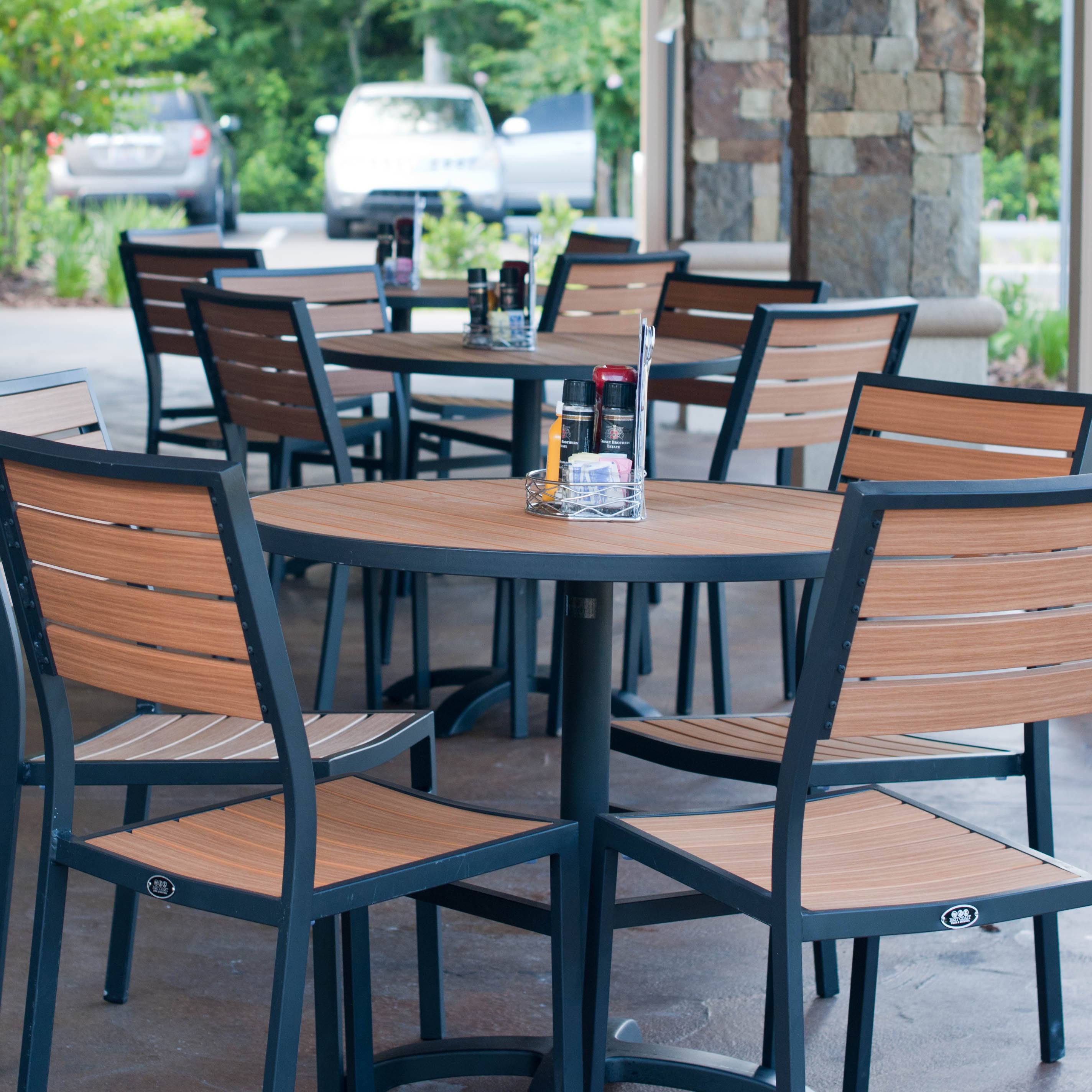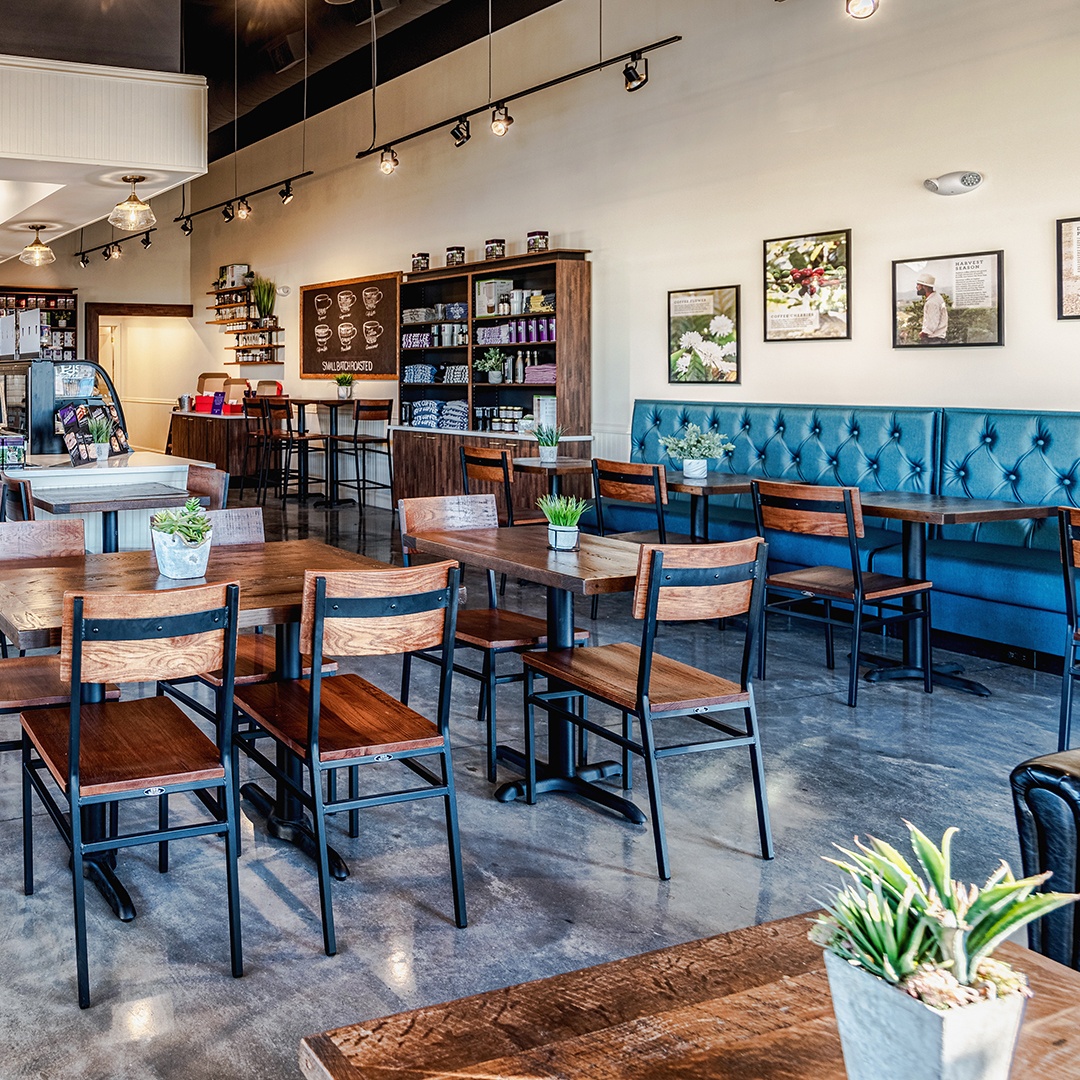Running a restaurant is a big responsibility. You have employees, vendors, and customers all counting on you to succeed. This pressure is magnified even more so when there’s an unexpected crisis thrown into the mix.
Whether it’s a health hazard or an earthquake, your restaurant needs to be prepared to deal with the fallout and snap into crisis mode. These crises happen without a moment’s notice and can be catastrophic if not dealt with correctly. So how does your restaurant begin to prepare for the unexpected?
Avoid Being the “Ostrich”:
When a crisis does strike, your restaurant needs to be fast-acting to acknowledge the issue and take the appropriate steps to work towards a solution.
The very last thing you want your organization to be facing at the height of a disaster is a media outrage because you didn’t make any sort of statement. There is no playing the ostrich here; you cannot stick your head in the sand and pretend your problems will go away. You need to be clear, succinct, and precise with your plan internally and to the public. This can be done with a crisis management agenda.
Creating this plan can help you remain calm in times of crises which, in turn, can lead to better decision-making. Every restaurant should have an agenda for managing critical situations, the size of which will depend on the size of your operation and the issue at hand.
How to Compile a Crisis Management Agenda:
- Brainstorm the risks faced by your restaurant such as food safety, insurance liabilities, and potential disasters (before they occur).
- Create a checklist or plan of what should happen when an emergency happens.
- Designate a task force of individuals who will carry out the step-by-step plan.
- Delegate tasks and information to be disseminated internally and externally of the restaurant.
- Identify key organizations that need to be notified such as fire, police, and ambulance services.
- Make a list of audiences that need to be informed: reporters, legal entities, insurance companies. Don’t forget how you plan to address employees and the public.
- This agenda should be shared with upper level management and designated employees that are appointed in the agenda. For an effective strategy, this information can easily be spread with Google Docs. Using Google Docs can lessen paper usage and, in case of a fire, will ensure you plan stays intact.
Having a crisis management procedure in place can lessen panic and give you a roadmap for navigating the seas of this crisis.
Keep Your Emotions in Check:
It’s without a doubt that going through a crisis that puts your livelihood in jeopardy is a stressful time. It’s also a crucial time to remain level-headed throughout the crisis. By acknowledging the issues your restaurant is facing and following your crisis management agenda, you can use your team to direct your efforts appropriately, even if you’re still in shock while the situation unfolds.
Not keeping your emotions in check can cause more issues if you act on them. Instead of acting brashly, use your emotions to convey sincerity and genuine concern. Maintaining a calm and professional demeanor can not only begin to fix customer perception but also inspire a more civil view for employees. For example, Applebee’s had a tumultuous public relations nightmare in 2013. Long story short, Applebee’s fired a staff member for posting a negative comment that a customer had written (due to a privacy violation) and then praised another staff member through a post that also had the customer’s name. Applebee’s posted on Facebook stating the reason they had fired the first staff member, which invited many comments from followers. In the middle of the night, the Applebee’s social media team posted an update on the post, which got lost in the 17,000 comments currently on the post. The social media team began tagging the people who had commented and copy/pasting the update their comments, leading to more heckling and an additional 16,000 comments. The social media team could have waited until a reasonable hour and posted a new update, not a comment, instead of adding fuel to the fire.
Moral of the story? Think before you act impulsively.
Say Sorry and Mean It:
Apologizing is not an easy step for any business, but it is a necessary evil in trying to repair the public’s trust. While making an apology, focus on being sincere. After all, what is an apology without feeling the deepest regret about the actions that occurred? With an honest-to-goodness apology to the affected parties, a business is taking ownership of the situation and can give it credibility. In making this heartfelt apology, you will also want to take timing into account. If a crisis occurs, a restaurant’s timely apology is important in keeping customers on their side. Even if your team is working behind the scenes to better the situation, it is imperative that these actions are communicated and not done in silence. The longer an apology takes, the less customers will take it seriously.
Go further for your customers and add a side of great customer service to your apology. From late 2015 to early 2016, about 40 Chipotle customers were sickened from E. coli contaminants; a tough blow to a restaurant chain that prided themselves on fresh food free of genetically-modified organisms. Making an apology statement turned advertisement in major newspapers nationwide, Chipotle founder, Steve Ells, addressed the outbreaks, apologized, and made promises of more thorough food safety standards. To bring people back into its restaurants, Chipotle launched their brief rewards program, direct mail offers, and mobile promotions to earn free burritos.
Unfortunately, the world can change at the drop of a hat: people make snap judgments, tectonic plates collide, and food is not handled with proper care. But that doesn’t mean your restaurant can’t be prepared to combat these crises when they happen. Having a plan, keeping your emotions in check, and truly apologizing are crucial elements in preparing your restaurant for a future crisis. Remember the best offense is a good defense.






